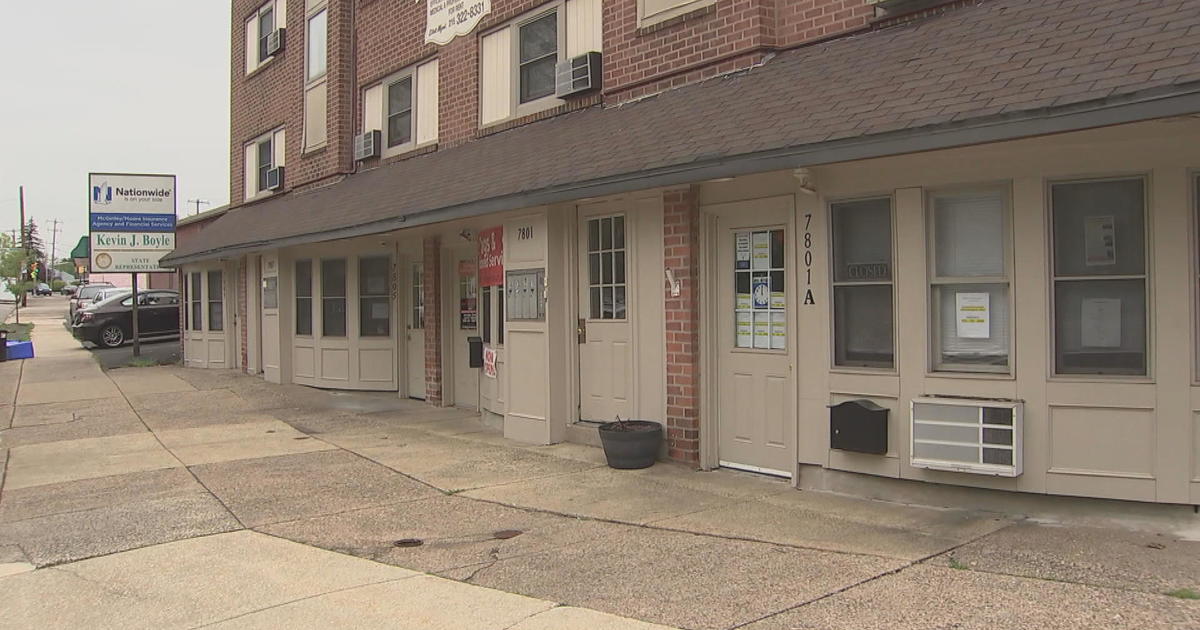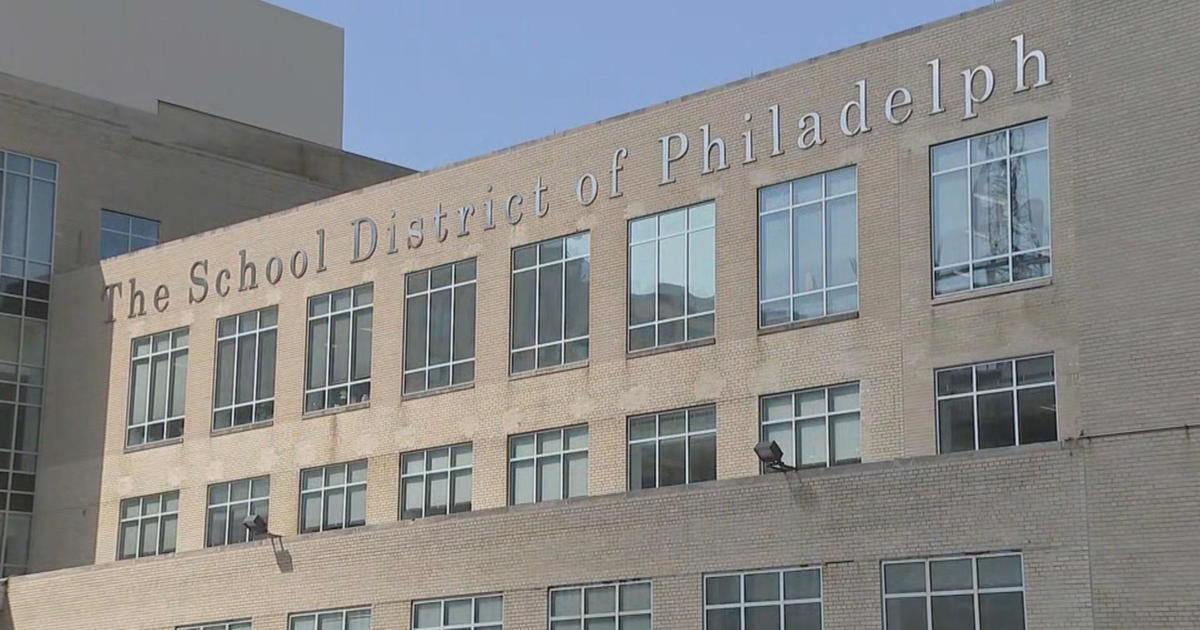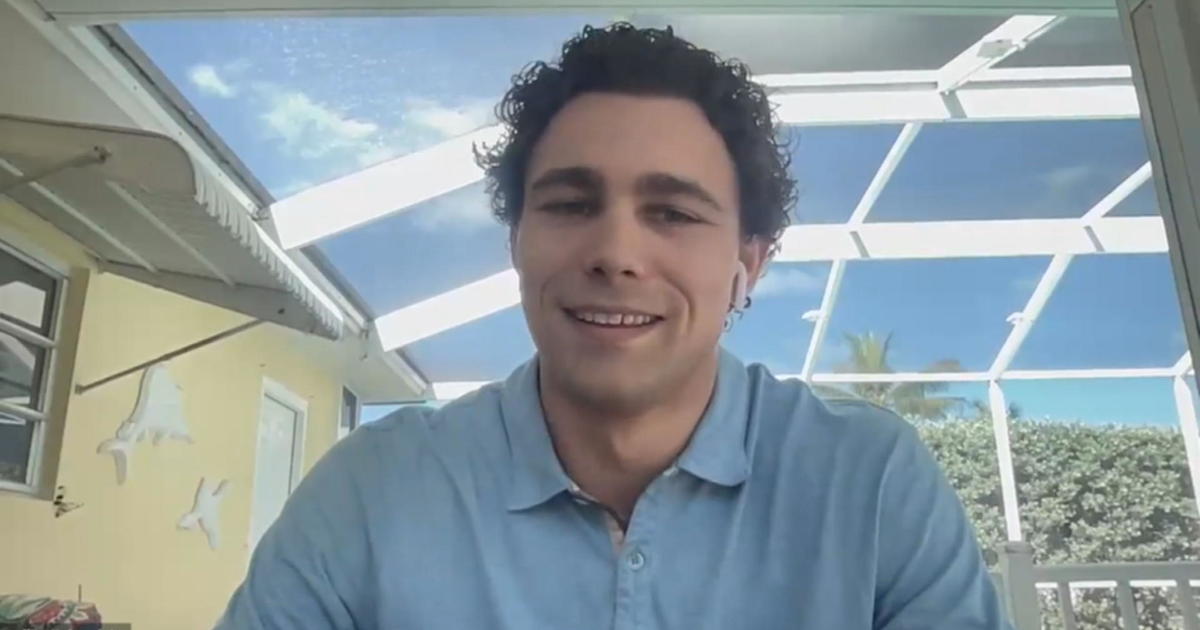Syrians, Local Experts Weigh In After U.S. Missile Strike
By Steve Tawa, Greg Argos and Alexandria Hoff
PHILADELPHIA (CBS)--One day after a United States air strike against a Syrian airbase, Syrians living in the Philadelphia region are reacting to the news.
"I am closely following what is going on," said Salam Al Kuntar.
Al Kuntar is from Syria. She's a research fellow and curator of the newly opened exhibit "Cultures in the Crossfire" at the Penn Museum.
She hopes this missile air strike will be the beginning to the end of the civil war in her home country.
"We hope the intervention will put an end to such horrific attacks with chemical weapons on Syrian civilians. It'll also help bring people to peace talks, and hopefully it'll lead to some transition of power," she said.
Protesters Gather In Philly In Opposition To US Airstrikes In Syria
On Thursday, the U.S. Government launched 59 Tomahawk missiles into the Al Shayrat airfield in Syria. President Trump indicated it was in retaliation to a chemical attack President Bashar al Assad is to have launched against his own people on Tuesday. More than 80 died, included about two dozen children.
"What is happening in Syria it's very incomprehensible," said Issam Kourbaj, a Syrian artist whose work is being displayed in the Penn Museum exhibit. Kourbaj says this strike may be a turning point in the now six-year civil war.
"We have heard words throughout these past six years, but nothing is happening," he said.
"Where is the action of the world?" he continued.
Some of Kourbaj's family and friends still live in the region.
"People are all paralyzed. [They are] paralyzed and waiting for something to happen. They are so vulnerable. They cannot do very much," he said.
"War [is] for the weak. [It is] not for the strong people. Strong intelligent people don't fight. They talk," he continued, hoping new dialogue begins between al Assad's government and the opposition forces.
Syrian-American Living In Pennsylvania: 'The U.S. Is Targeting The Wrong People'
Edward Turzanski, a senior fellow at the Foreign Policy Research Institute in Philadelphia, says, while Donald Trump had warned as a candidate against the U.S. being pulled into the six-year-old Syrian civil war, President Trump changed his mind.
"The most enduring influence on any American president has to be American national interest," said Turzanski.
He says the horrific images of the victims, and the visits to the White House by the President of Egypt and the King of Jordan, influenced the President and his national security team about intervening in Syria.
"The administration delivered a jab, if you will, to use boxing parlance. It was a clean shot intended to get the attention of the Assad regime," Turzanski said.
Turzanzki says Assad is "a very problematic client for Russia." He says Russian President Putin is feeling pressure on a number of fronts.
"He does not need a client dragging him into a situation which is morally indefensible and winds up causing a number of geo-political and military problems," he said.
Several Killed In U.S. Military Strike Against Syrian Regime
Turzanski says Trump's move was a "full-throated articulation of the American point of view" in Syria, but it also "sends a message to the North Koreans and others who may be tempted to engage in the use, or threat of the use, of weapons of mass destruction."
President Obama was on the brink of punishing Syria in 2013 for a previous chemical attack on civilians, but he did not follow through.
Michael Horowitz, an associate professor of political science--and the associate director of Perry World House at the University of Pennsylvania-- says the situation in Syria is more complicated now. He says the risks of widening the conflict are greater because of Russia's deep military cooperation with Syria.
"One of the concerns about striking Syria in the first place had been the risk of Russian casualties, and thus, the potential for escalation," said Horowitz.
Russia was warned of the attack before it took place.
"Is this essentially a 'punch in the nose' that causes Assad to realize that even as he fights in the civil war, that he can't use chemical weapons? Or, is this something that causes Russia and Syria to continue to escalate, believing that the Trump administration would not go further," Horowitz said.
Horowitz says world leaders are trying to figure out whether it reflects a more conventional "hawkish American foreign policy," or whether this was a "one-off strike."
He says it makes America's potential adversaries uncertain how the US will respond, "making the notion of uncertainty a virtue."



